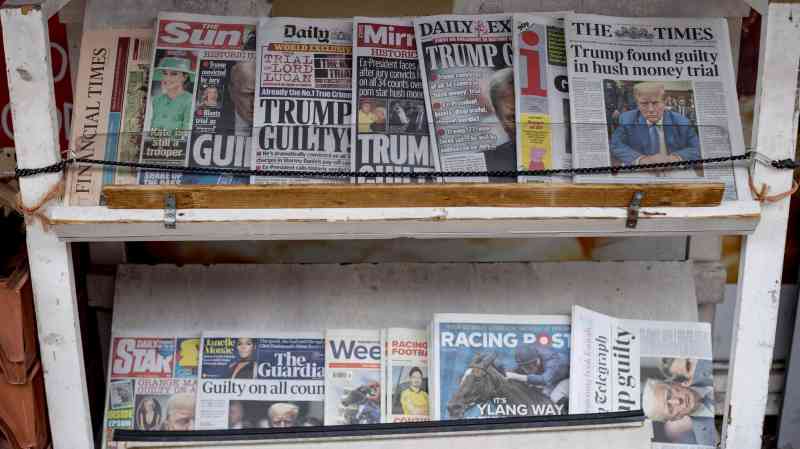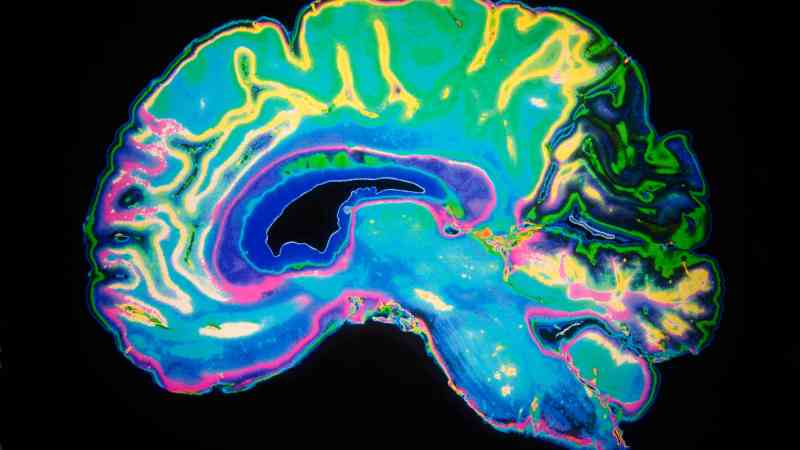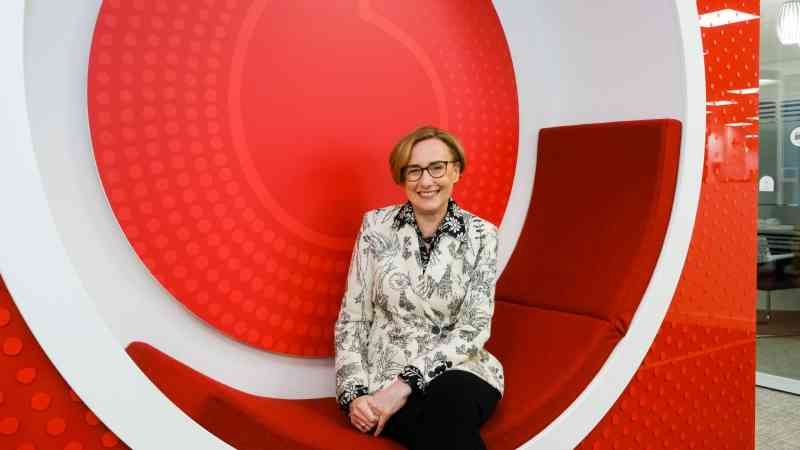AI ‘poses threat’ to publishers that depend on search traffic
Publishers that depend on search traffic for their income will be “devastated” by the rise of artificial intelligence chatbots, senior media executives have warned.
Rich Caccappolo, the chief executive of DMG Media, said: “If you don’t have direct traffic, then you’re in real trouble. The sites that are dependent on search traffic are going to struggle. I don’t think they are going to get enough in licensing. Generative AI answering questions in search, that’s going to be devastating for some publishers who are very dependent on search.”
He told the Deloitte and Enders Media & Telecoms 2024 and Beyond conference in London that while Mail Online benefited from people visiting the site directly, generating traffic was now “probably more expensive than ever and probably harder than ever. It may be too late for some.”

The rising popularity of chatbots such as ChatGPT and Claude, which give users full answers rather than links to websites, has raised questions over the future of traditional search engines. Many businesses depend on search engines such as Google to direct users to their websites in order to make revenue from advertising. Recent research by Gartner suggested that generative AI would cut traditional search engine volumes by 25 per cent by 2026.
To counter this, speaking on the same panel as Caccappolo, Anna Jones, the chief executive of Telegraph Media Group, said there could be a return to more “old-fashioned brand campaigns” to attract readers.
Another concern for media companies is the use of their copyright within AI models. Technology companies require vast amounts of high-quality data to power their generative AI. The creative industries, including authors, musicians and artists, want to ensure that they are paid correctly if their work is being used to train AI.
Several leading news organisations have signed licensing deals for their content with OpenAI, the ChatGPT owner, in recent weeks, including NewsCorp, the owner of The Times. OpenAI also has partnerships with Axel Springer, the publisher, Associated Press, the news agency, and the Financial Times.
Jones said she was “hopeful” of striking a deal with generative AI businesses for her company’s content.
Anna Bateson, the chief executive of Guardian Media Group, said the newspaper business would consider a deal, but “only on the right terms and for the right value”.
She claimed technology companies “seem to believe that they’re exceptional in a way that they don’t necessarily have to pay for the things that everyone else respects, which is protected by copyright, which protects the considerable investment that has gone into the creation of that content over hundreds of years. They’re happy to pay for talent and they’re happy to pay for computing power, but they don’t want to pay for data.
“I’m sure we’d all love to reduce our cost to our businesses by not paying for the things that are fundamental to the way that we manage businesses. It would be lovely not to pay for electricity. It would be lovely not to pay for print and paper, but that’s not the way that markets work.”




Post Comment